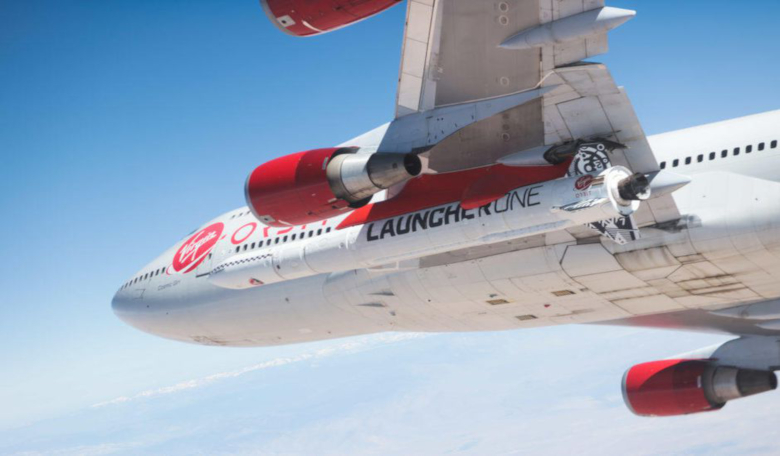UK Space Race Is Reinforced With Space Industry Regulations, or Is It Not?
18th Aug 2021
The point was to make the Space Industry Regulations a massive boost in the UK space race. Unfortunately, it appears that something might go terribly wrong with this plan. Let’s figure out if this is a grounded assumption.
The regulations entered into full force and effect on 29th July, which means only a month and a half has passed since then. However, they have already become a matter of great concern. Namely, the Parliamentary Space Committee Chair, David Morris, expresses worries and even warns the Prime Minister about their devastating consequences for the UK space race.
Based on the 2018 Space Act, the Civil Aviation Authority (CAA), the Department for Transport (DFT), and the Department for Business, Energy, and Industrial Strategy (BEIS) developed the newest Regulations 2021.
The main flaw in the new regulations, according to David Morris, is that the liability cap has no limit anymore, as opposed to £51 million that was specified previously. This means that the possible risks which space companies now take are unlimited. They will have to turn to the insurance brokers’ services without having a clue of what the amount of insurance should be.
Mr. Morris mentions OneWeb as an example. He insists that their satellites could have been launched from the Scottish spaceport. But, instead, the communication services company co-owned by the UK government is going to launch its satellites from Baikonur spaceport this August.
Will Virgin Orbit Bail on the Cornwall Spaceport?
Another potential undesirable outcome is, in Mr. Morris’s opinion, that Sir Richard Branson won’t have an opportunity to blast off his Virgin Orbit spacecraft from Cornwall spaceport. So, the whole UK space race for £400 billion could be lost.
What Can Save the Cornwall Spaceport in Morris’s Opinion
David Morris was one of the experts who worked on the 2018 Space Act. Today, he believes that the issues concerning the new legislation can be solved. Moreover, CAA, which is now in charge of it, does face them. But the problem is that it takes insensibly long for CAA to start acting. Suppose the government wants Cornwall spaceport, any Scottish spaceport in Sutherland, Shetland, or the Western Isles, and other in-house spaceports to be attractive for space companies. In that case, the Prime Minister can’t delay the solution! The liability must be limited to a reasonable ‘tag.’ The government might borrow the procedure from other nations having an approximate £14.4 million cap, which is a rather low number. Any further risks are taken by the government. Mr. Morris advises Boris Johnson to appoint a person who was a part of the 2018 Space Act team to assist the CAA in this issue.
The CAA, in turn, contradicts that the problem is made out of thin air. According to the official statement, the model of calculating the liability is recognised internationally and allows estimating insurance levels for particular launch activities. Furthermore, the liability won’t be unlimited for the companies carrying out the activities regulated by the Space Industry Act 2018.
David Morris disagrees, stating that the future of the UK space race, including the perspectives of the Cornwall spaceport and Scottish spaceport in Shetland, is at stake.






Thank you for your comment! It will be visible on the site after moderation.